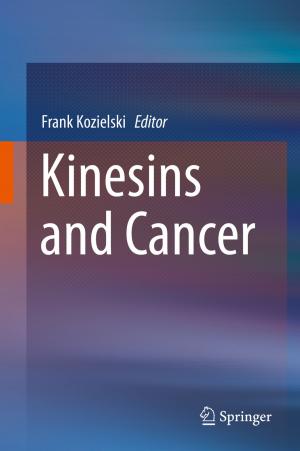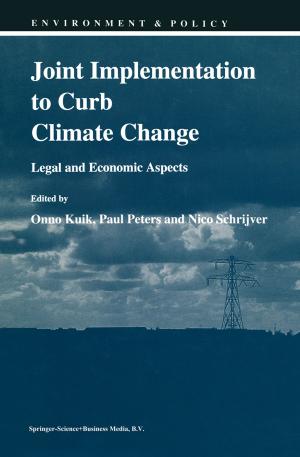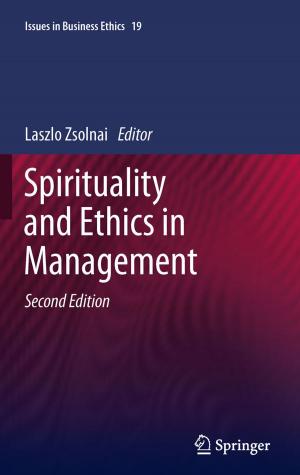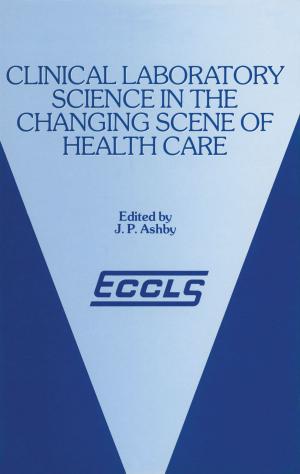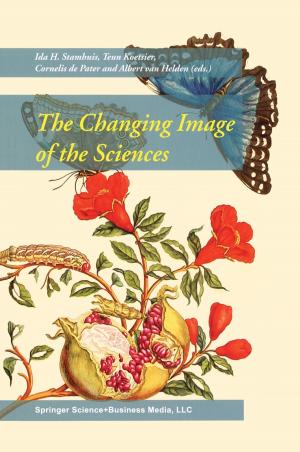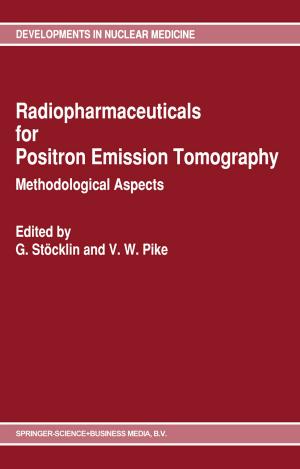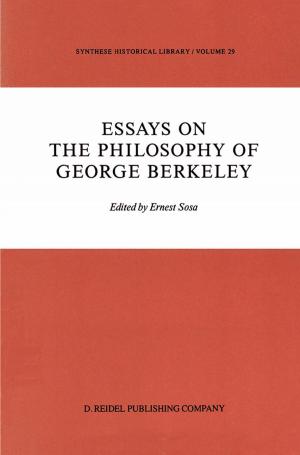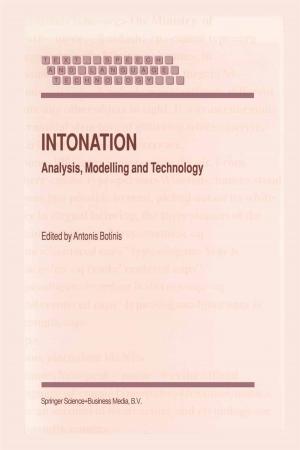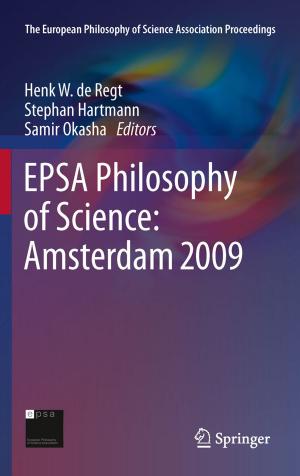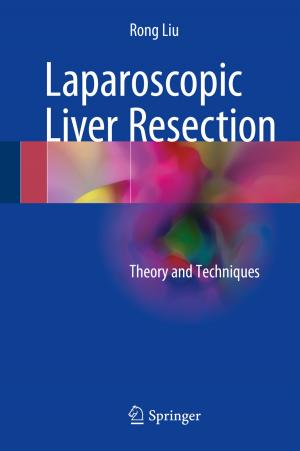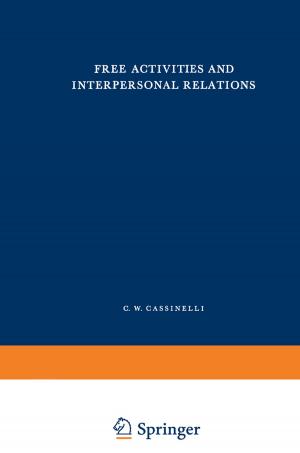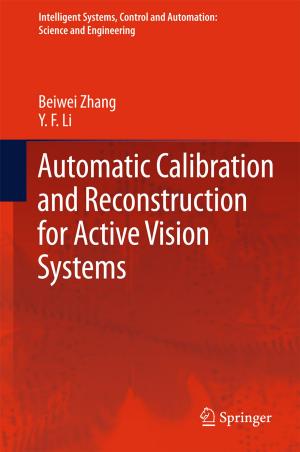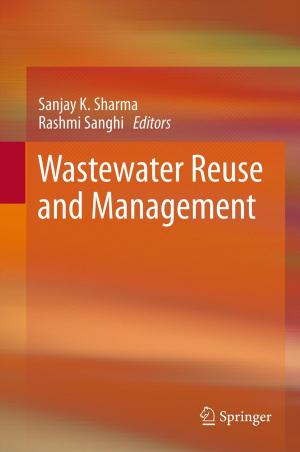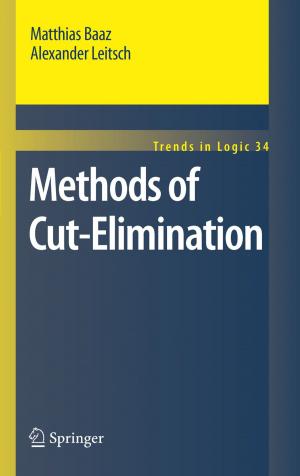The Two Reformations in the 16th Century
A Study of the Religious Aspects and Consequences of Renaissance and Humanism
Nonfiction, History, Religion & Spirituality| Author: | H.A. Enno Gelder | ISBN: | 9789401195645 |
| Publisher: | Springer Netherlands | Publication: | December 6, 2012 |
| Imprint: | Springer | Language: | English |
| Author: | H.A. Enno Gelder |
| ISBN: | 9789401195645 |
| Publisher: | Springer Netherlands |
| Publication: | December 6, 2012 |
| Imprint: | Springer |
| Language: | English |
This book deals with the religious aspects and consequences of the Renaissance and Humanism. It is therefore advisable that these terms should first be defined to some extent. By Re naissance is meant here the new element in Westem European culture, which became more and more evident in Italy during the 15th century and in about 1500 completely dominated the great minds in that country. In the 16th century this new ele ment was carried to the countries on the other side of the Alps, where it developed vigorously during that century. The new element in that culture is found in the plastic arts, literature, philosophy and also - and this is the subject of the present study - in a modified religious attitude. The following chapters will show the content of this last change. Problems such as: what in general characterizes the Renaissance, by what was it caused, when did it begin and, in particular, whether the Re naissance forms a sharp contrast to the Middle Ages or whether it is a direct continuation of it, will not be discussed here. It will be clear from the above definition that I have placed first and foremost those things in the Renaissance which distinguish it from the Middle Ages.
This book deals with the religious aspects and consequences of the Renaissance and Humanism. It is therefore advisable that these terms should first be defined to some extent. By Re naissance is meant here the new element in Westem European culture, which became more and more evident in Italy during the 15th century and in about 1500 completely dominated the great minds in that country. In the 16th century this new ele ment was carried to the countries on the other side of the Alps, where it developed vigorously during that century. The new element in that culture is found in the plastic arts, literature, philosophy and also - and this is the subject of the present study - in a modified religious attitude. The following chapters will show the content of this last change. Problems such as: what in general characterizes the Renaissance, by what was it caused, when did it begin and, in particular, whether the Re naissance forms a sharp contrast to the Middle Ages or whether it is a direct continuation of it, will not be discussed here. It will be clear from the above definition that I have placed first and foremost those things in the Renaissance which distinguish it from the Middle Ages.

